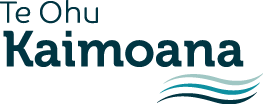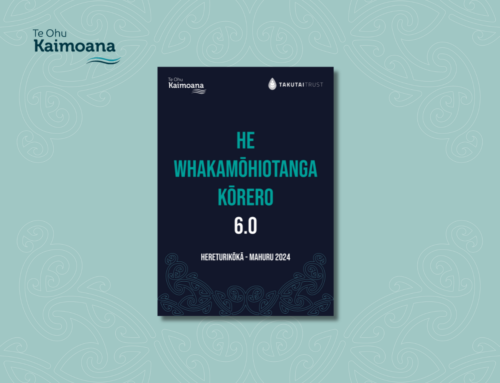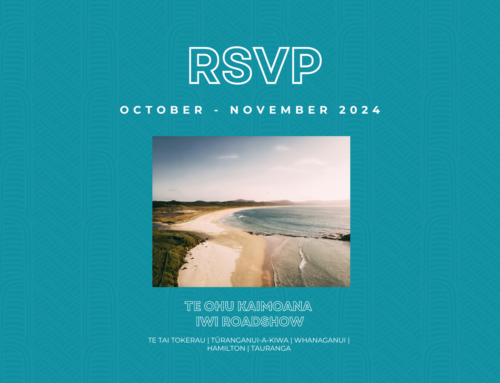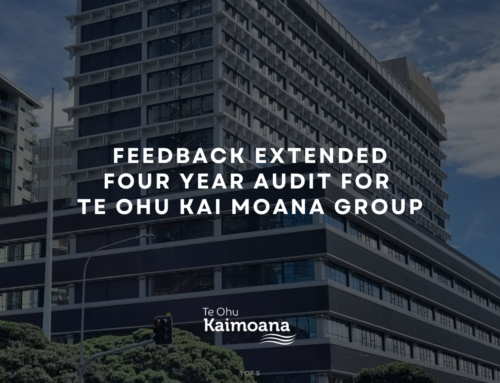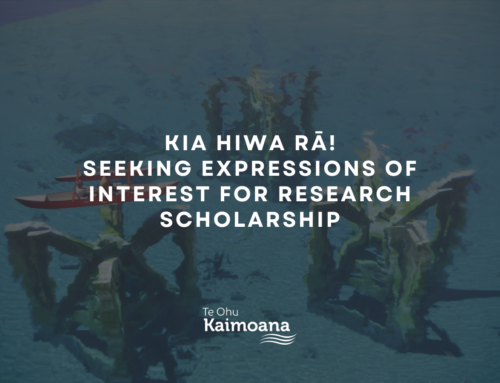15 Huitanguru 2024
Te Ohu Kaimoana appeared today before the Environment Select Committee to speak to its written response (available here: https://bit.ly/42HCmNz) in regard to the Hauraki Gulf / Tīkapa Moana Marine Protection Bill (the Bill).
Te Ohu Kaimoana believes the Bill should be with-drawn, based in-part upon the following key points.
- Impact upon Te Tiriti o Waitangi, Treaty settlements and customary fishing rights: The Bill is aspiring to define and manage customary practices under the biodiversity objectives being proposed, meaning that Māori would only be able to exercise their customary non-commercial right to fish, if the Department of Conservation has agreed the biodiversity parameters to do so. This undermines the promises made in Te Tiriti o Waitangi, the Māori Fisheries Settlement and the Maori Fisheries Act 2004.
- Ability to exercise rangatiratanga: Iwi across the motu have indicated that they wish to develop an iwi-led approach to a relationship with the moana (including the use of non-permanent rāhui).
- Failure to address land use pressures: The Bill has failed to identify all threats to biodiversity. It is the opinion of Te Ohu Kaimoana that the impacts of land use are the greatest stressors on Tīkapa Moana – with last year’s storms proving that point explicitly. Yet there are no proposals from the Crown to address those impacts from land-use. We do not agree that the Bill will achieve the desired outcomes sought, particularly in regard to the control of fishing.
- Existing tools can address these issues: Fishing should be addressed under the Fisheries Act 1996 (including through the Hauraki Gulf Marine Park Fish Plan). We do not need duplicative or overlapping regimes and oppose the unnecessary creation of bespoke legislation in place of the Fisheries Act to manage fishing. What is being proposed also bypasses the existing Marine Reserves Act, in particular s5 of the Act which already sets out the purpose, how and when a marine reserve should be applied.
- Inadequate consultation: the involvement of Mandated Iwi Organisations under the Māori Fisheries Act in this process has been fleeting at best and they have not agreed to these proposals.
Te Ohu Kaimoana agrees that the Hauraki Gulf / Tīkapa Moana is an area of significance culturally, biologically and economically and that marine protection should be seen as a part of a broader conversation about environmental management, with the right tools are applied to achieve the desired outcomes.
While we recommend the withdrawal of the Bill in its current form, Te Ohu Kaimoana is not against marine protection. We consider that Māori have a reciprocal relationship with Tangaroa that does not include a permanency of reserves and instead rest periods and utilisation periods that are well informed and managed. We believe there are existing mechanisms to manage this.
